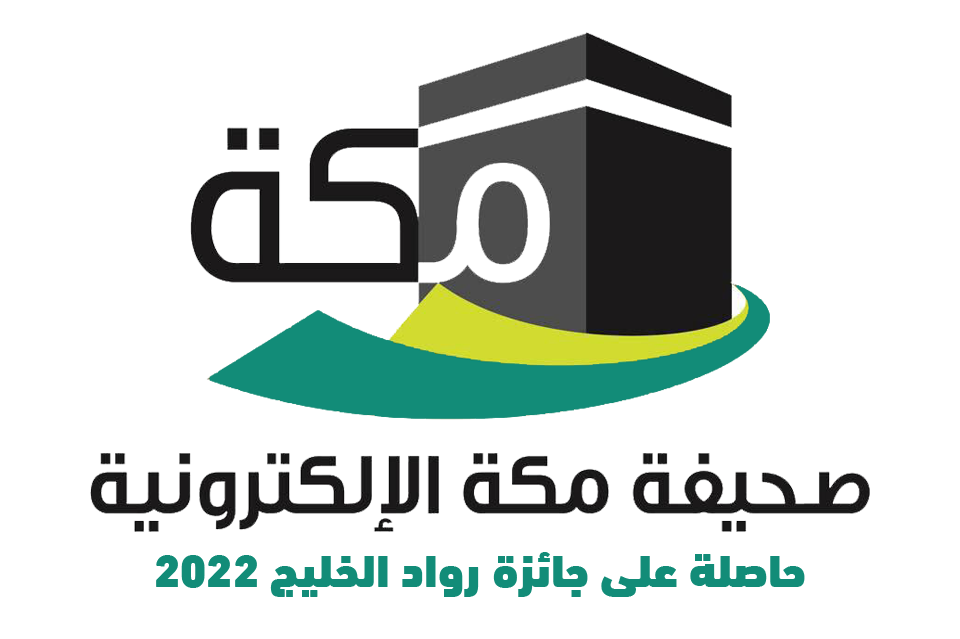Title:
Navigating the Trials and Errors of Scientific Research: Lessons to Adapt Researcher Attitudes and Habits
Introduction:
Scientific research is a dynamic and intricate process that propels our understanding of the world forward. However, it is not without its challenges. Researchers often encounter numerous trials and errors along their scientific journey, which can be discouraging and frustrating. Nevertheless, these experiences offer valuable lessons that shape researcher attitudes and habits. In this short note, I will explore some of the common trials and errors in scientific research and discuss key lessons that researchers can adapt to enhance their effectiveness and resilience.
1. Embrace Failure as a Stepping Stone to Success:
One of the fundamental lessons in scientific research is to embrace failure as an inherent part of the process. Failed experiments or inconclusive results should not be viewed as setbacks but rather as opportunities for growth and learning. Researchers should analyze and understand the reasons behind the failure, adjust their approach, and iterate until success is achieved. By reframing failure as a valuable learning experience, researchers can maintain a positive attitude and keep moving forward.
2. Foster a Curious and Inquisitive Mindset:
Successful researchers possess an insatiable curiosity and an inquisitive mindset. They continually question existing knowledge, challenge assumptions, and seek new avenues of exploration. Cultivating curiosity allows researchers to uncover unexpected insights and innovative solutions. By embracing a perpetual state of inquiry, researchers can maintain their motivation and drive to push the boundaries of knowledge.
3. Develop Resilience to Overcome Obstacles:
Scientific research often involves facing numerous obstacles, such as funding limitations, experimental setbacks, or rejection of research papers. Developing resilience is crucial to navigate through these challenges. Resilient researchers acknowledge setbacks as temporary hurdles and persist despite adversity. They learn from each setback, adapt their strategies, and remain committed to their scientific pursuits. Building resilience involves cultivating a growth mindset, seeking support from peers and mentors, and maintaining a healthy work-life balance.
4. Foster Collaboration and Openness:
Scientific breakthroughs rarely occur in isolation. Collaboration and openness play a vital role in advancing research. Researchers should actively seek collaborations with colleagues from diverse backgrounds and expertise. By leveraging collective knowledge and resources, researchers can tackle complex problems more effectively. Embracing openness also entails sharing research findings, data, and methodologies with the scientific community, which fosters transparency, reproducibility, and accelerates the pace of discovery.
5. Continual Skill Development:
The field of science is constantly evolving, and researchers must adapt to new technologies, methodologies, and emerging disciplines. Cultivating a habit of continual skill development is essential for staying at the forefront of research. Researchers should invest time in learning new techniques, attending conferences, workshops, and engaging in interdisciplinary collaborations. By embracing lifelong learning, researchers can broaden their skill set and remain adaptable in the face of evolving research landscapes.
Conclusion:
Scientific research is a journey filled with trials and errors, but it is through these challenges that researchers grow both personally and professionally. By embracing failure, fostering curiosity, developing resilience, promoting collaboration, and continually enhancing their skills, researchers can adapt their attitudes and habits to become more effective and successful in their scientific pursuits. Embracing these lessons will not only lead to breakthrough discoveries but also contribute to the collective advancement of scientific knowledge for the betterment of society as a whole.
Prof. Esam Ibraheem Azhar
Head of the Special Infectious Agents Unit – BSL3
King Fahd Medical Research Center
King Abdulaziz University
esamazhar@yahoo.com








